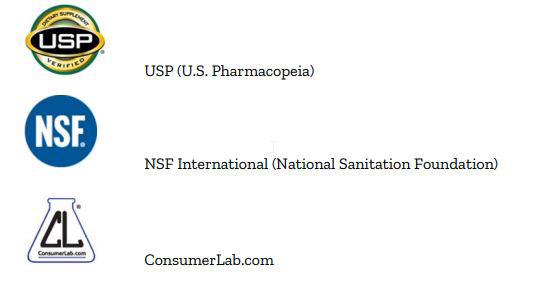Bleeding Disorders and Vitamins, Herbals, and Supplements
Vitamins, herbals, and supplements are dietary supplements that may put you at risk of bleeding.
Vitamins, herbals, and supplements are sometimes added to your diet (what you eat and drink). These are called dietary supplements.
Some dietary supplements are also called:
- Amino acids
- Botanicals (a plant or part of a plant, like herbs)
- Enzymes (proteins that help build or break down substances in your body)
- Organ tissues (such as beef liver or beef organ supplements)
- Other animal products (such as colostrum or fish oil)
Dietary supplements are not regulated or controlled by the Food and Drug Administration (FDA).
- The FDA does not test them for safety or effectiveness (how well they work) before they can be bought.
- The manufacturer (company that makes the supplement) cannot claim to treat, diagnose, prevent, or cure diseases.
- There is no guarantee they will be safe or help you. There are organizations, not linked to the manufacturer, that test products to:
- See if they have the amount of the ingredient stated on the label.
- Make sure they do not have dangerous substances in them, such as lead or bacteria.
The manufacturer pays to have their supplements tested and certified. These seals do not mean a product works or that each batch is tested. The seal only shows the product has the active ingredient.
Look for these seals:

The word natural does not always mean safe. Supplements can have side effects and affect diseases and other medicines.
Some dietary supplements can make bleeding worse or make it harder for your body to make a blood clot.
You are especially at risk if you have:
- Hemophilia
- von Willebrand disease
- Other bleeding disorders
Many dietary supplements can affect clotting.
An example is:
- You start taking garlic supplements for your heart health. Some garlic supplements have enough garlic that causes platelets to stop from sticking and forming a clot. This leads to longer bleeding time and more bleeding after surgery.
Talk with your health care team before starting any dietary supplement.
What should I tell my care team?
- Tell your bleeding disorder doctor about all the medicines and dietary supplements you take.
- They need to know the brand name and all the ingredients in them.
- Many products have more than 1 ingredient or
- May have unknown ingredients, such as a proprietary blend
- Take the bottle or a picture of the Supplement Facts panel with you.

What supplements may put me at a higher risk of bleeding?
- Acerola powder
- Aloe vera
- Angelica
- Aniseed
- Anise
- Ashwagandha
- Bilberry
- Black cohosh
- Bromelain
- Butcher’s broom root
- Cat’s claw
- Chamomile*
- Cinnamon supplements
- Chondroitin glucosamine
- Cordyceps sinensis
- Curcuma or turmeric
- Dong quai
- Evening primrose
- Fenugreek
- Feverfew
- Fish oil
- Flaxseed
- Ganoderma
- Garlic*
- Ginger*
- Gingko biloba
- Ginseng
- Hawthorn extract
- Horse chestnut
- Licorice*
- Lion’s mane
- Meadowsweet
- Milk thistle
- Omega 3*
- Pau D’Arco
- Red clover
- Vitamin E
- Willow bark
- White willow
- Wintergreen
- Zinc
* = These are safe to eat and drink as food. They can be dangerous if they are concentrated and taken in a supplement, such as a pill or liquid
Some essential oils may put you at a higher risk of bleeding.
- Essential oils have natural chemicals that give plants their smell and flavor.
- They are often used in aromatherapy to help cope with pain and anxiety.
- They can also be used by putting them on your skin or taking them by mouth.
- Essential oils that are taken by mouth, breathed in, or put on the skin are dietary supplements.
Examples of essential oils that may put you at a higher risk of bleeding are:
- Angelica
- Birch
- Cinnamon
- Clove
- Eugenol
- Fir
- Helichrysum
- Laurus nobilis
- Nutmeg
- Thyme
- Oregano
- Wintergreen